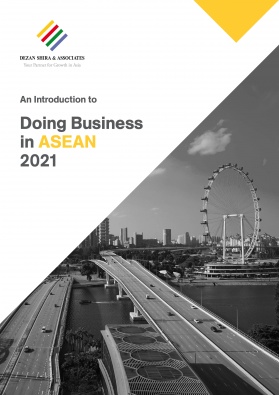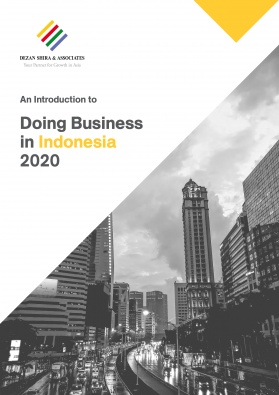Singapore Approves the Sale of Lab-Based Meat: Market Potential
- In a world’s first, the Singapore Food Agency (SFA) has approved the sale of lab-grown meat in the country.
- The product was developed by the American company, Eat Just, and will be used as an ingredient for chicken nuggets.
- The approval of cultured meat paves the way for cultured meat restaurants in Singapore as well as possible expansion in ASEAN.
- There is also the potential for expansion into the lucrative Halal food and beverage industry if the product can be Halal certified.
In early December 2020, Singapore became the first country in the world to approve the sale of lab-grown (cell-cultured) meat. The Singapore Food Agency (SFA) has deemed the cultured chicken produced by American start-up Eat Just, can be used as an ingredient for chicken nuggets and will be manufactured in Singapore under the company’s GOOD Meat brand.
According to Eat Just CEO Josh Tetrick, the company will launch its product at a single restaurant in the country before expanding to five, 10, and 15, before venturing into the retail circuit.
Cells from a chicken are taken via biopsy and are cultured. After, the cells are transferred into a bioreactor and fed with minerals, proteins, amino acids, and other nutrients before being harvested. The product has a high protein content, contains no antibiotics, and has low microbial content, such as E. coli and Salmonella.The SFA deemed Eat Just’s manufacturing control and testing of cultured chicken to be safe in addition to meeting poultry industry standards. This recent approval could pave the way for cultured meat restaurants as well as other competitors to the country and the ASEAN region.
Expansion and Halal potential
The cultured meat industry is one aspect of the SFAs initiatives to make the country more self-sufficient. It is currently spearheading a program called ’30 by 30’ in which Singapore produces 30 percent of its food supply locally by 2030, up from 10 percent today.
As a country that imports 90 percent of its food, Singapore is vulnerable to logistics issues, supply chain disruptions, or export bans – which became evident during the COVID-19 outbreak.
The government has made S$144 million (US$107 million) available under the Singapore Food Story R&D Program, for sustainable food production and food safety science and innovation. The program is led by the Agency for Science, Technology, and Research (A*STAR) in cooperation with the SFA.
The product has the potential to be Halal-certified, an important requirement considering 14 percent of the country’s population is Muslim and Singapore’s geographic position in a region with more than 60 percent of the global Muslim population. Demand for Halal certification has risen among businesses in Singapore’s F&B sector with 4,630 premises and 57,690 product types being certified in 2019, an increase of more than double from a decade ago.
The country is frequented by Muslim visitors from Indonesia, Malaysia, and Brunei, with Indonesians making the second-largest number after China with 3.1 million visitors in 2019. The country was ranked as the top Muslim-friendly non-OIC (Organization of Islamic Cooperation) destination for Muslim travelers by Mastercard in 2019.
Muslims make up one of the fastest-growing segments of the global food and beverage (F&B) sectors and the travel industry. Singapore is eager to capture some of the US$1.9 trillion consumers are expected to spend on Halal F&B by 2023 — Indonesian consumers alone annually spend more than US$214 billion on Halal F&B.
About Us
ASEAN Briefing is produced by Dezan Shira & Associates. The firm assists foreign investors throughout Asia and maintains offices throughout ASEAN, including in Singapore, Hanoi, Ho Chi Minh City and Jakarta. Please contact us at asia@dezshira.com or visit our website at www.dezshira.com.







